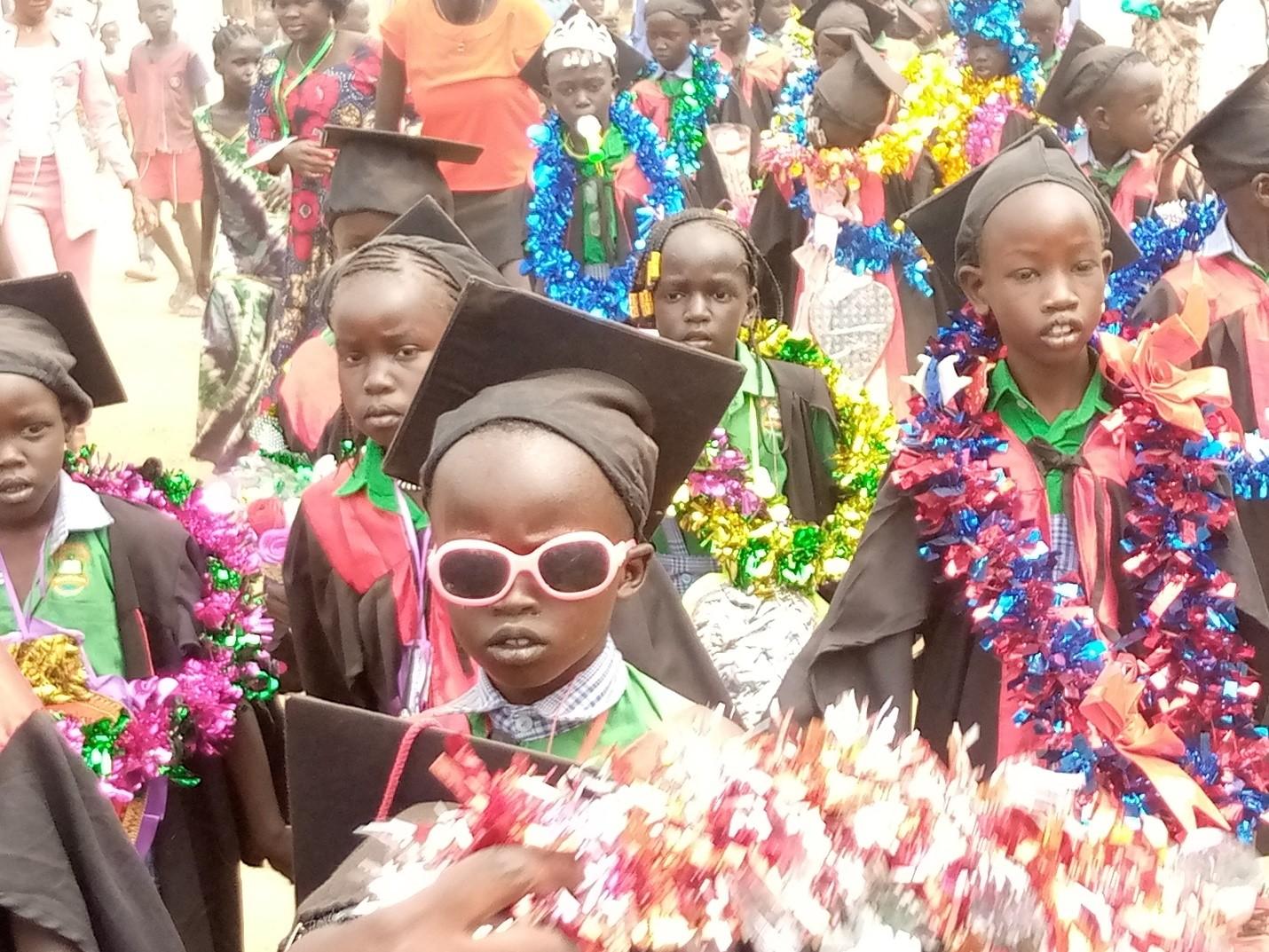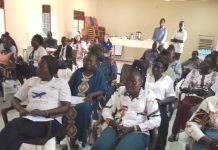Africa-Press – South-Sudan. Parents in Juba have called on the government to enhance the standards of education in the country.
Tereza Yar, a parent representative, stated during the River Jordan Academy graduation ceremony that the country requires a good education system to develop its future leaders.
“I am pleased to see our children graduating in this manner as one of the parents of the graduates, but we really need quality institutions that can give our children what they deserve,” Yar said.
“We need more public school establishments,” she continued, “and the government should prioritise raising school standards so that our kids can get a solid education.”
Also, the parents’ representative appealed for cooperation between the government and its partners to improve education in the country.
“Only if our nation makes significant educational investments will we be able to raise our children to be good citizens with a passion for the advancement of the country.”
“Our kids’ ability to connect is facilitated by education. “When this small child grows up, they will only refer to themselves as coworkers rather than tribe members because they go to school and graduate together,” Ms Yar stated emphatically.
Meanwhile, Peter Malier, one of the school’s directors at River Jordan Academy said one of their main goals is to give South Sudanese children access to a top-notch education.
“We have observed that there is a substantial educational difference. As a result, the majority of our children study abroad, and we are working to provide access to high and quality education so that our people can return and continue their education there,” Malier stated.
One of the main goals the government is attempting to accomplish, according to him, is to get children back to school.
He stated that this was the first graduating class since the school’s inception in 2018.
In the global survey from September 2022, South Sudan ranked third for having the lowest levels of education.
In light of the numerous difficulties the nation has faced over the last three years, South Sudan’s literacy rate may not have increased significantly, according to UNICEF.
The report claimed that a number of catastrophes that have gripped the nation, including war, flooding, COVID-19, and economic crises, may be to blame for the stats’ stagnation.
As of 2019, its predictions for the nation’s literacy rate range from 27 to 30 with a benchmark literacy rate of 34.54. This indicates that a limited proportion of adults can read and write.
Chad and Guinea, two of the least educated countries in the world, are ahead of South Sudan, with 22.31 per cent and 32.0 per cent, respectively.
A study by the Faculty Digital Archives revealed that schools in the South Sudanese war zones lose at least 18.5 percent of their total enrolment each year, reflecting the impact of nearly ten years of civil war on the education sector.
According to UNICEF, more than 2.8 million children, or over 70 percent, are out of school in South Sudan, putting their futures and the future of the country at risk.
Source: The City Review South Sudan
For More News And Analysis About South-Sudan Follow Africa-Press






